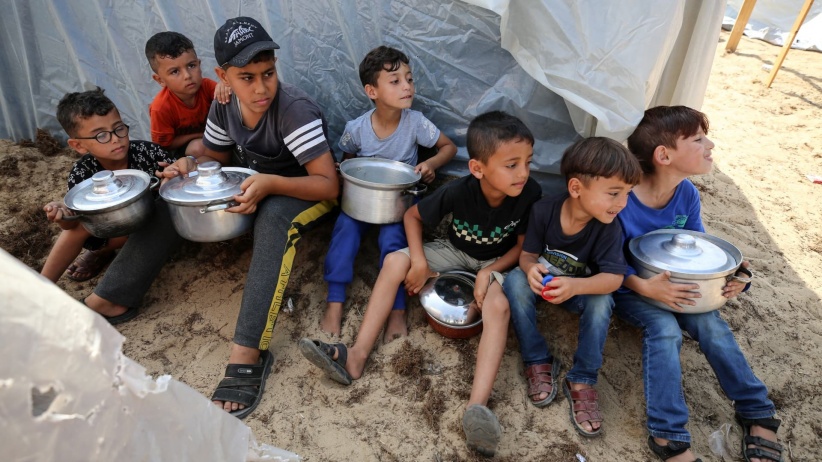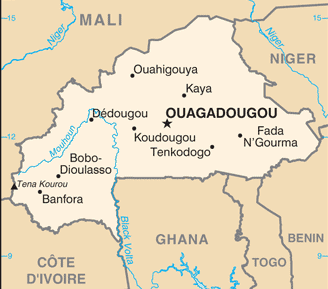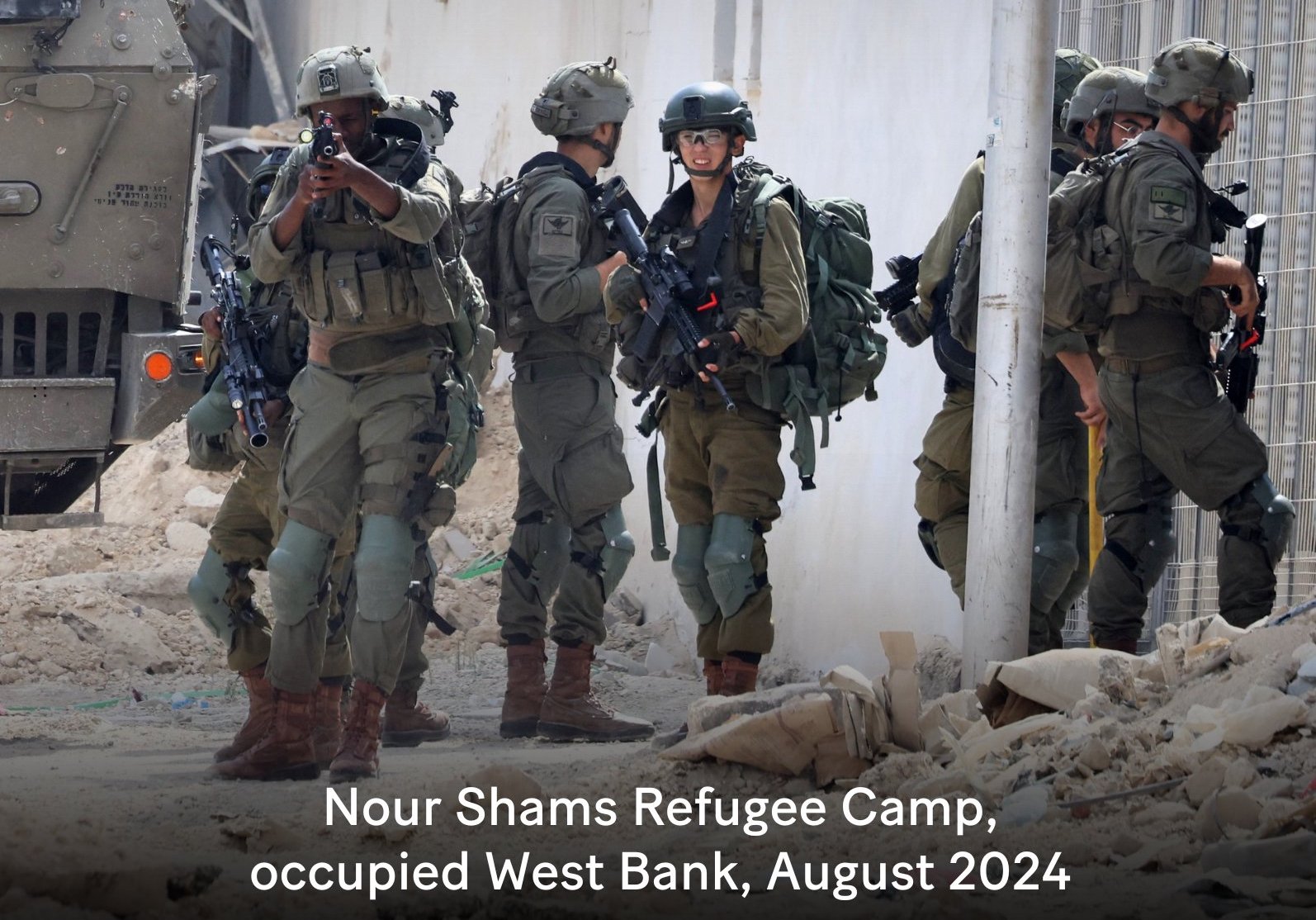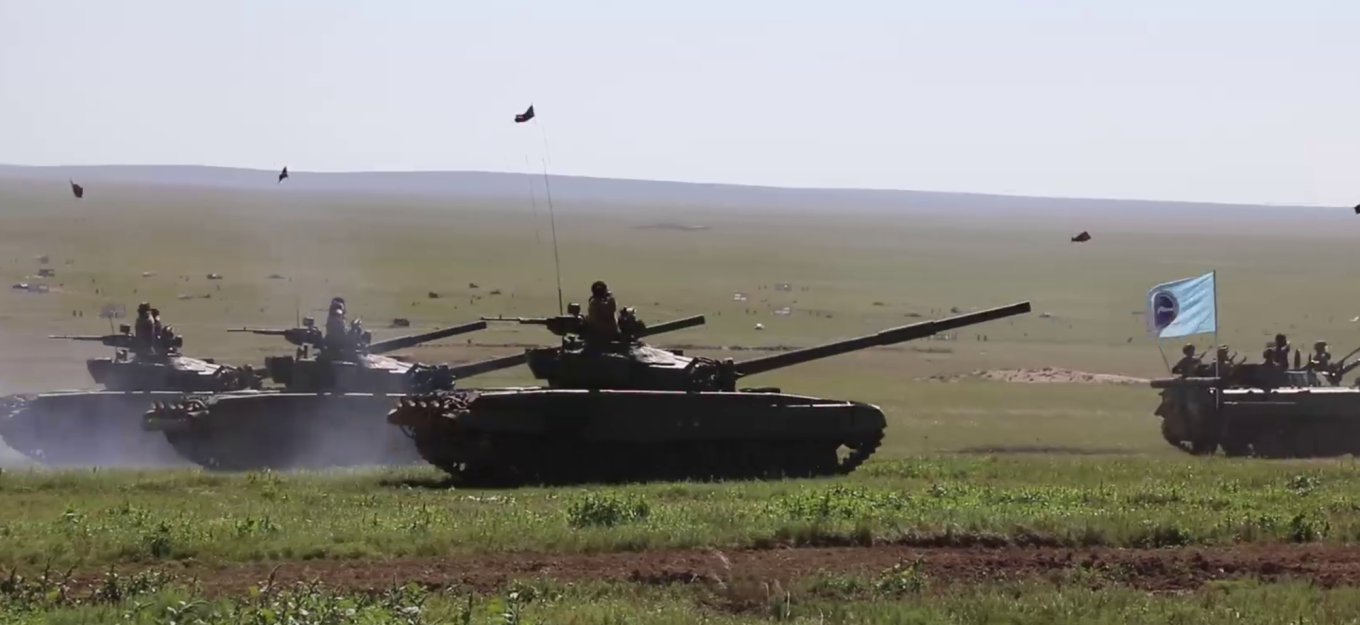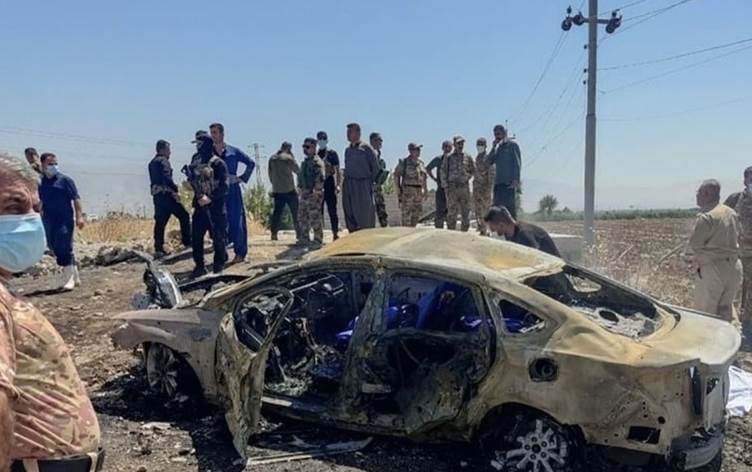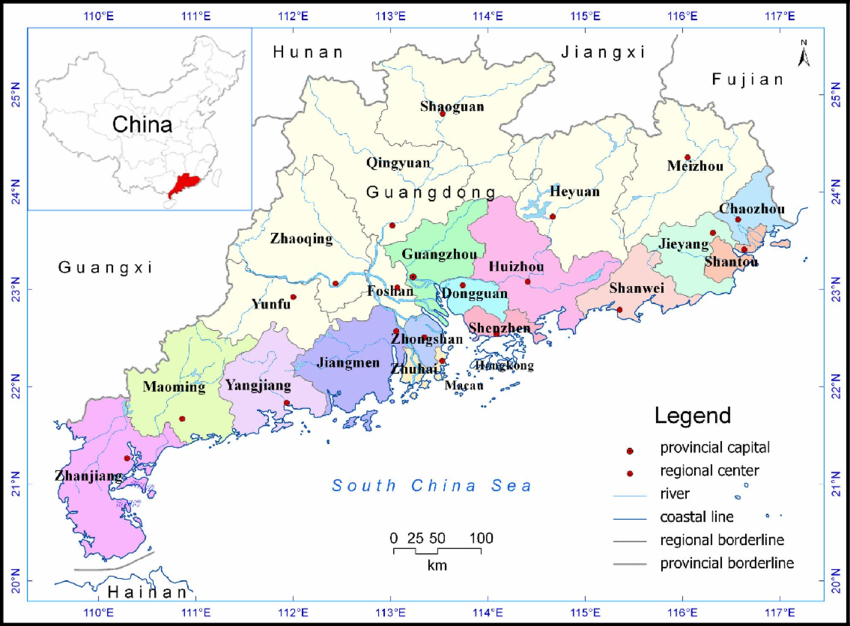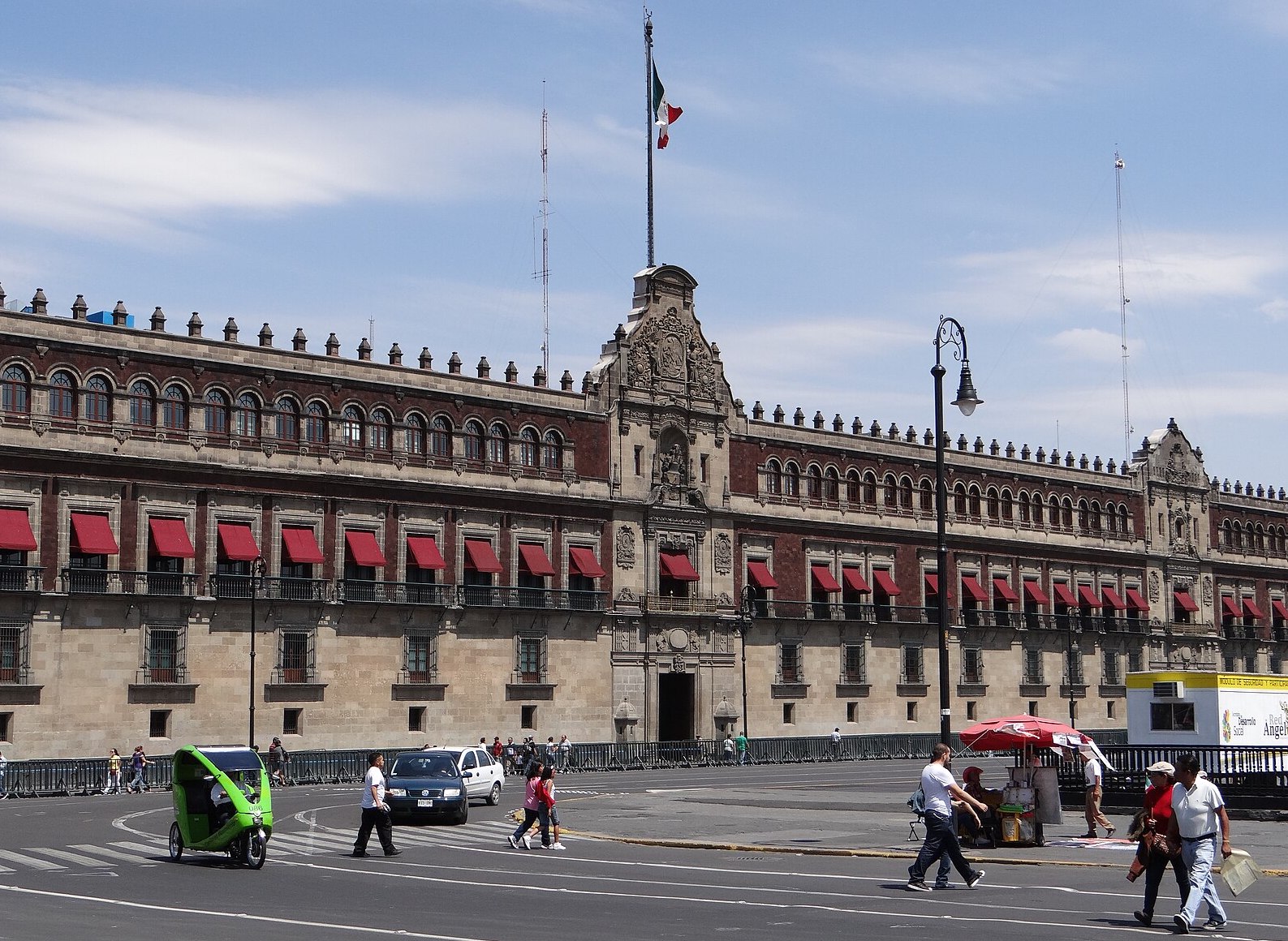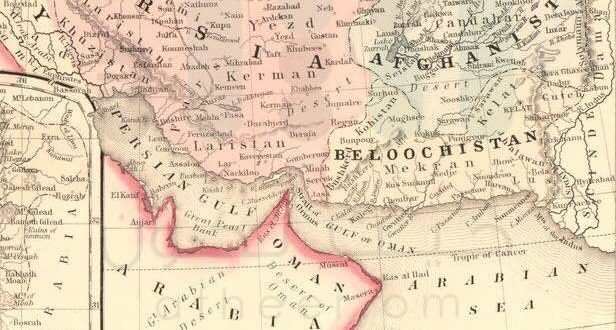
Pakistan: new escalation in Baloch insurgency
The Human Rights Commission of Pakistan expressed concern over the deteriorating security situation, rampant rights abuses and ongoing political dysfunction in Balochistan province. The commission highlighted a continued pattern of enforced disappearances and extrajudicial killings, with an alarming lack of government action in holding perpetrators accountable. The report came days after at least 73 people were killed in clashes between the military and Baloch ethnic separatists as insurgents launched a series of attacks across the province. The Baloch Liberation Army (BLA) claimed responsibility for the attacks targeting police and security outposts. The attacks were timed for the anniversary of the death of Baloch leader Nawab Akbar Bugti, who was killed in a 2006 raid by the military. Former President Pervez Musharraf was put on trial for the slaying, but acquitted in 2016. (Map via Atheer)



